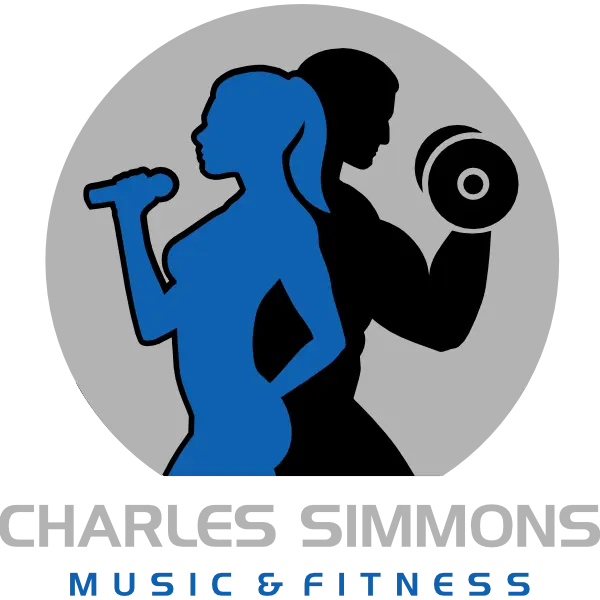The pros and cons of singing scales
I’ve been a singer for a very long time. As part of my training, I had to sing TONS of scales…and I hated every minute of it. Having said that, I do appreciate the value of singing scales, so in today’s article, we’re going to take a look at the pros and cons of singing scales, and some alternative vocal warm up exercises you can do to stay at the top of your vocal game.
Pro #1: repetition leads to mastery
Now one of the pros of singing scales is repetition during practice. As I’ve mentioned previously, it takes time to develop a skill and achieve mastery. One of the ways to do this is to repeat an action over and over again. Repetition helps to develop your muscle memory and your cognitive skills. By singing scales, you’re training your brain and therefore your voice to remember individual notes, note patterns, note relations, and the feeling associated with singing those notes. This is useful in learning how to riff, for example.
Pro #2: establishes healthy habits
Most successful people got that way because of the habits they’ve formed. part of establishing good vocal training habits involves picking a time, place, and length of time to practice and stick to that pattern. Singing scales in a certain order goes a long way towards helping you establish healthy habits.
Pro #3: singing speed
Yet another reason why singing scales is valuable is to train how fast you sing. This is especially useful when learning how to scat, riff, or other forms of vocal improvisation. One of the mistakes a lot of singers tend to make, is that they sometimes don’t see their voices as instruments. When you think about instrumentalists like guitar players, piano or keyboard players, or wind instrument players, they’re taught to practice scales at a slow pace and gradually build up speed over time in order to be able to play solos.
So what’s the difference between playing a physical instrument and using your voice. There is none. The only difference is that your instrument – your voice – is attached to your body. When you practice, thinking like an instrumentalist will help you get through the somewhat tedious nature of singing scales.
And with that, we come to the cons of singing scales.
Con #1: scales are boring!
Now, as I said earlier, I hate singing scales, for that very reason. Sing the same melody over and over again can take the joy out of singing, and makes practicing seem more like a chore than something that should be enjoyable.
Con #2: scales are static
To explain what I mean let me use a bicep curl exercise as an example. When you perform a curl, your arm is in constant motion from the time the movement starts to the time it’s completed. When you perform a curl – or any other weight training exercise for that matter – you would never move your arm in steps. That’s exactly what you do when you sing scales; when you think about the muscles involved in controlling your voice, you’re actually moving those muscles in steps.
Some alternative vocal warm up exercises
What you should be doing is training your vocal muscles dynamically; that’s what makes sirens a great vocal training exercise.
Another way to effectively warm up your voice instead of singing scales is to sing songs! Some vocal coaches will not agree with me on this, and that’s understandable, but there are two very good reasons for singing real songs instead of scales. The first one is that when you think about it, there’s technically no difference between singing scales and singing songs; both involve singing melodies. Since that’s the case, then you can go ahead and sing a real song to warm up your voice.
Another thing to consider is this: in fitness, the saying goes that the best way to learn how to do an exercise is to do the exercise. This is a philosophy that also applies to singing. If you’re preparing for a show or even for your next coaching session, it makes more sense to use every opportunity to practice the songs you’re actually going to perform, so that includes using those songs to warm up rather than singing scales.
Whatever you do, keep singing
So I hope you now have a better understanding of the difference between scales and songs, but that’s just one small part of the bigger picture. Regardless if you continue to sing scales to warm up, or you follow the tips in this article, the main thing is that you keep singing. You will most definitely get better over time.
I’m all about helping people like you get stronger, healthier voices and bodies, so if you’re looking for a program that incorporates all of the vocal and fitness tips that I give you on this channel, please check out my VOXXBODY® workout.
